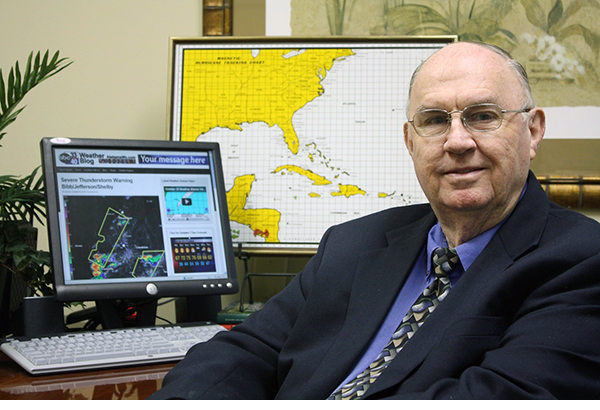Breaking Down Regional Tropical Cyclone Threats
There is no question that as we get deeper into the 2018 Atlantic hurricane season, many people around the country and the world have many questions about the likelihood of getting hit by a hurricane either indirectly or directly. More specifically, directly being an all-out head-on landfall in the context of a direct strike and then indirectly being a glancing blow where the eye does not officially make landfall but rather a region being impacted by spiral rain bands at a distance from the center of the tropical cyclone’s circulation core. Hence, as the National Hurricane Center often emphasizes to the general public, even though a hurricane may not be heading directly for your particular location, following the exact center track of a particular tropical cyclone is not what one should be concerned about. Rather, people should always be conscientious about the overall direction of a storm since regardless of the exact landfall location, you are likely to experience some degree of impact from the tropical cyclone if you are within 100 to 200 nautical miles from the center of the storm.
Looking at the graphic attached above (courtesy of Meteorologist Michael Lowry from the National Center for Atmospheric Research or NCAR), it is fairly clear that Florida is undoubtedly the national state leader in terms of historic tropical cyclone landfall occurrences. Based on the statistics from 1851 or 2017 across the tropical Atlantic basin, the state of Florida has accumulated a total of 229 tropical cyclone landfalls which is not even close to the second most landfalls held by Texas at 112 during that time. Hence, there is no question whatsoever that Florida “takes the cake” on historic tropical cyclone landfall likelihood potential.
Therefore, if you are reading this and have any friends and/or family which live and/or plan to visit the state of Florida during this 2018 Atlantic hurricane season or any future years, be sure that they are always logistically and mentally prepared to do what may be necessary. That way, they would be able to more effectively avoid any substantial problems if a tropical cyclone landfall threat were to present itself. As the old phrase goes, always “be prepared” and be proactive rather than reactive.
To learn more about other interesting educational stories in atmospheric, oceanic, or climate science from around the world, be sure to click on the following link: www.globalweatherclimatecenter.com/education.
© 2018 Meteorologist Jordan Rabinowitz
(credit: NCAR Meteorologist Michael Lowry)
AlabamaWX is pleased to partner with the Global Weather and Climate Center team for outstanding posts about our atmosphere. Visit them at https://www.globalweatherclimatecenter.com for more great information!
Category: Partner News Stories
















